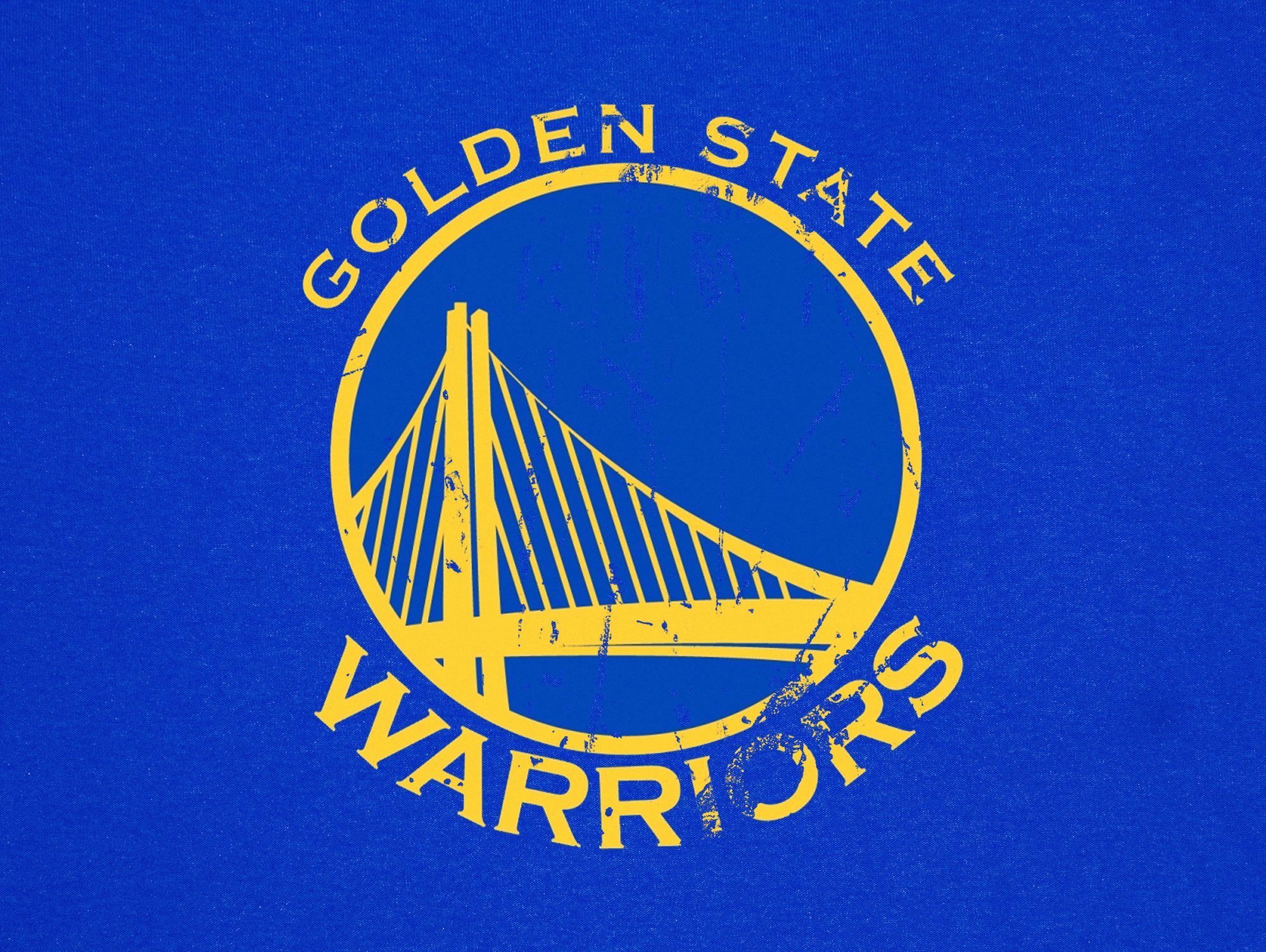Top Class Actions’s website and social media posts use affiliate links. If you make a purchase using such links, we may receive a commission, but it will not result in any additional charges to you. Please review our Affiliate Link Disclosure for more information.

Lead plaintiff LaTisha Satchell alleged in her class action lawsuit that the Warrior’s app continued to run even when users weren’t utilizing it for scores and other features. The plaintiff further claimed that as it ran, the app recorded conversations users had on their mobile devices.
Specifically, the Golden State Warriors class action lawsuit alleges that without consent the app “employed app users’ smartphone microphones to continually capture and process all background audio, including conversations … and identify unique signals, or ‘beacons,’ which then trigger the delivery of custom-tailored content.”
The plaintiff claims that, as a Golden State Warriors fan, she decided to download the app in April of this year, but removed it in July when she discovered the app was recording. The class action contends that the Warrior’s app violated the Electronic Communications Privacy Act.
The Warriors and the operator of the platform, Signal360, asked the federal court to dismiss the class action lawsuit because they claim the plaintiff didn’t show concrete injury. They argued that their app did not violate the Electronic Communications Privacy Act because it was not designed to actually acquire private electronic or wire communication as required under the Act.
“The complaint does not allege, because it is not true, that the app ever caused any audio data of any kind … to be transmitted beyond [Satchell’s] phone to any server or device controlled by any defendant,” said the Warriors and the platform operator in their motion to dismiss.
The Warriors also pointed out in their motion that the app only temporarily stores communication and that communication cannot be deciphered by humans.
The plaintiff fought back, arguing that the standard for showing she has a claim is different than the team contends.
“Both history and the judgment of Congress establish that the intangible harms Ms. Satchell suffered constitute a concrete injury sufficient to confer standing as articulated by the Supreme Court in Spokeo,” the plaintiff argued. “Historically, courts have entertained suits for invasion of privacy, and modern-day courts have reasoned that claims brought under the Wiretap Act are closely related to these common-law torts.”
Satchell also points to Ninth Circuit cases that ruled that acquiring audio, as the Warriors’ app allegedly did, is a violation of the Electronic Communications Privacy Act. The plaintiff further contends that the Act does not specify that the acquired audio needs to be abused to show harm.
A hearing for the Golden State Warriors class action lawsuit is set for Jan. 27, 2017.
Satchell is represented by Stewart R. Pollock of Edelson PC.
The Golden State Warriors Mobile App Class Action Lawsuit is LaTisha Satchell v. Sonic Notify Inc. d/b/a Signal360, et al., Case No. 3:16-cv-04961, in the U.S. District Court for the Northern District of California.
UPDATE: On Feb. 13, 2017, Oakland’s Golden State Warriors got pretty close to a slam dunk Monday, when a federal judge partially dismissed a class action lawsuit accusing the team of spying on fans’ conversations through its free mobile app.
UPDATE 2: On April 10, 2017, the Golden State Warriors argued that this class action lawsuit failed to sufficiently allege any claims filed under the Electronic Communications Privacy Act and did not indicate the precise way the defendants are alleged to have violated the ECPA.
UPDATE 3: On Nov. 20, 2017, a federal judge denied efforts by the Golden State Warriors and a mobile app software developer to dodge accusations that they illegally recorded fans’ conversations.
ATTORNEY ADVERTISING
Top Class Actions is a Proud Member of the American Bar Association
LEGAL INFORMATION IS NOT LEGAL ADVICE
Top Class Actions Legal Statement
©2008 – 2024 Top Class Actions® LLC
Various Trademarks held by their respective owners
This website is not intended for viewing or usage by European Union citizens.















2 thoughts onGolden State Warriors Fans Fight Dismissal of App-Spying Class Action
UPDATE 2: On April 10, 2017, the Golden State Warriors argued that this class action lawsuit failed to sufficiently allege any claims filed under the Electronic Communications Privacy Act and did not indicate the precise way the defendants are alleged to have violated the ECPA.
UPDATE: On Feb. 13, 2017, Oakland’s Golden State Warriors got pretty close to a slam dunk Monday, when a federal judge partially dismissed a class action lawsuit accusing the team of spying on fans’ conversations through its free mobile app.